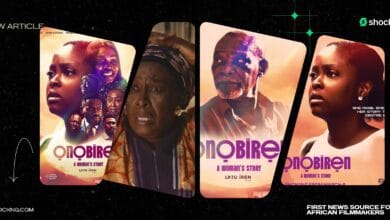The Story⚡
Nigeria’s cinematic masterpiece, My Father’s Shadow, premiered at Cannes and dazzled at the BFI London Film Festival in October 2025—yet it will compete at the Oscars as Britain’s entry, not Nigeria’s. Why? Academy rules and colonial legacies are locking Nigerian films out of global recognition.
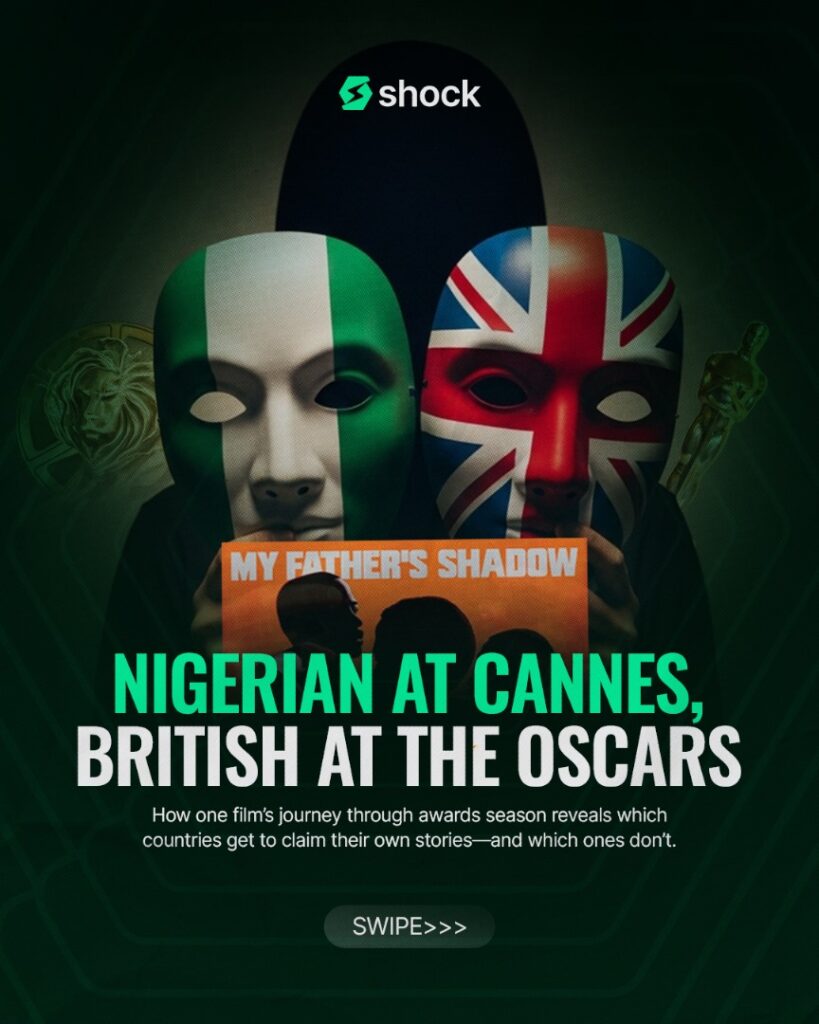
Tell Me More
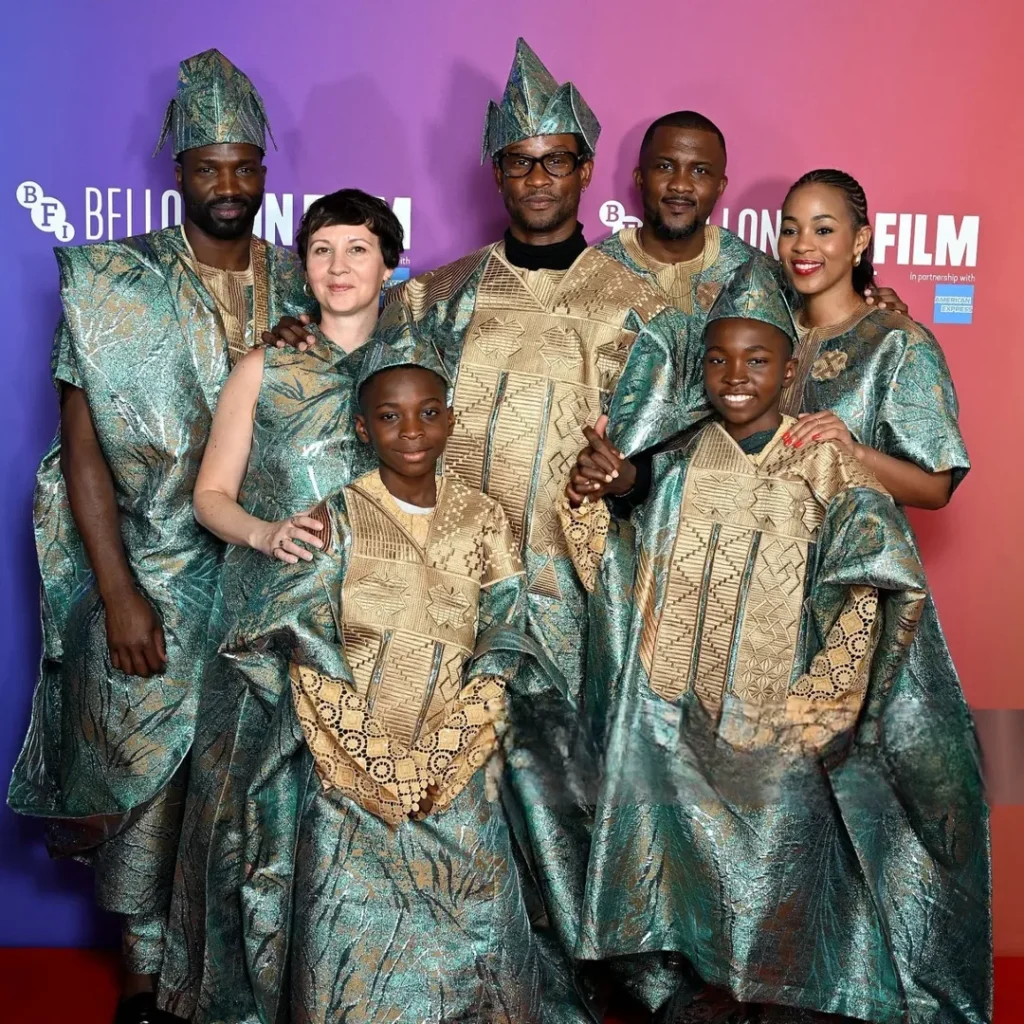
Nollywood, the world’s second-largest film industry by output, faces distribution challenges that make purely indigenous-language films—like Yoruba, Igbo, or Hausa—commercially unviable. Limited theatrical circuits and fragmented regional audiences mean such films struggle to recoup costs domestically, while international distribution often requires the foreign financing that transfers Oscar eligibility.
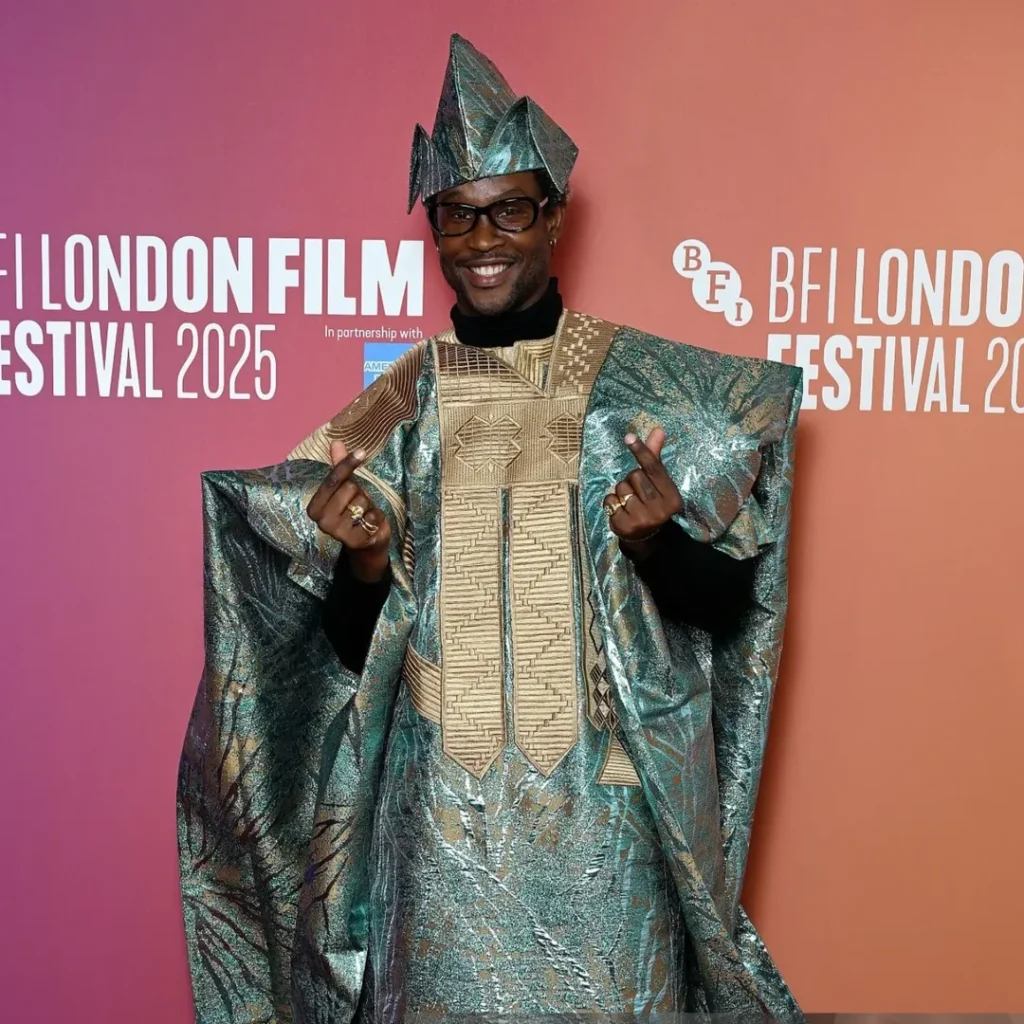
In 2026, Nigeria submitted no Oscar entry because no film met the Academy’s rules, exposing a system that forces filmmakers to choose between authentic storytelling for local audiences, commercial viability, or global recognition under another country’s flag.
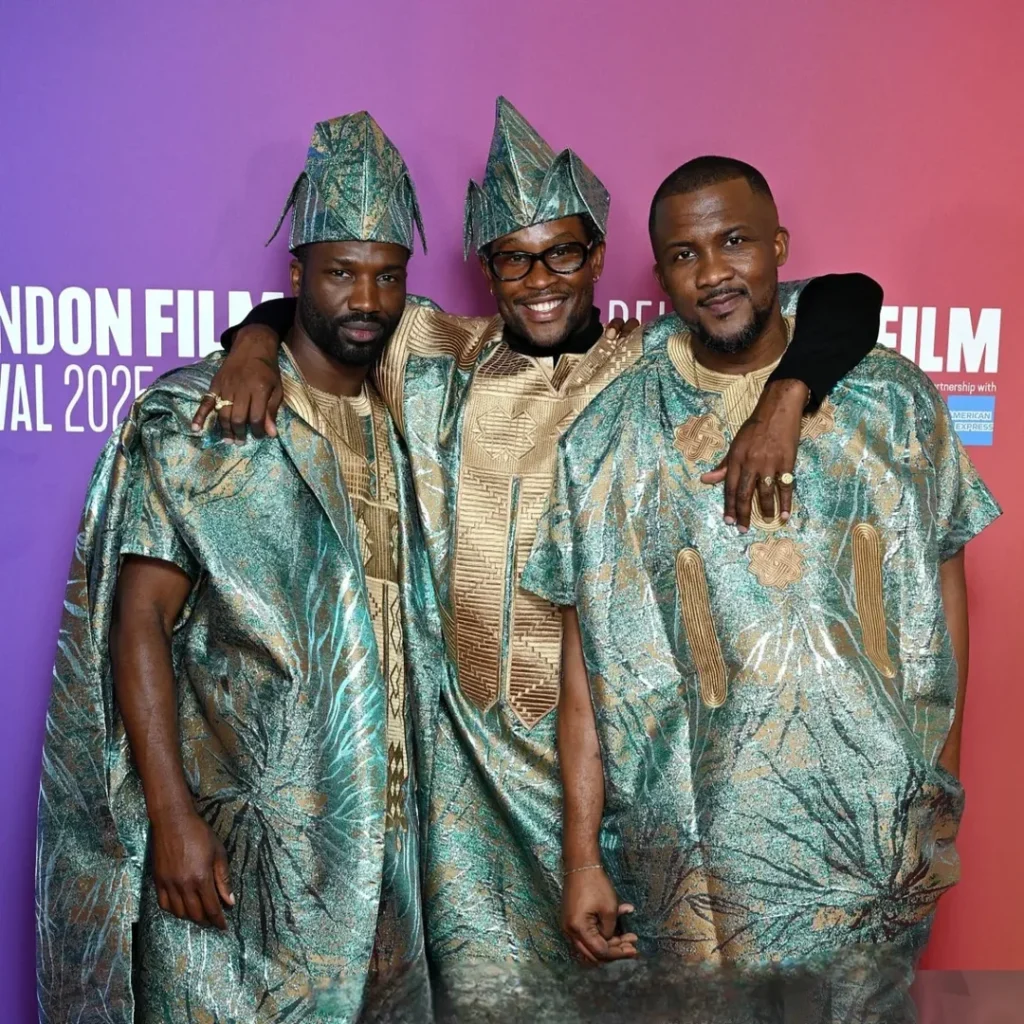
This isn’t an isolated case. My Father’s Shadow highlights a structural issue: the Academy’s linguistic nationalism disregards post-colonial realities, ensuring Anglophone African nations remain excluded while former colonial powers claim their stories.
Key Takeaways
International co-production funding has become the only pathway to Oscar consideration for Nigerian films, but accepting European money means ceding national representation—Nigerian stories succeed globally only when claimed by former colonial powers.

Nollywood’s distribution challenges make Oscar-compliant indigenous-language films commercially unviable, trapping filmmakers between artistic authenticity, commercial survival, and international recognition—they cannot achieve all three simultaneously.
“My Father’s Shadow” represents a precedent, not an anomaly—as Nigerian cinema pursues global prestige, more films will compete under foreign flags because the Academy’s rules privilege linguistic nationalism over cultural authenticity.
In Summary
When My Father’s Shadow premiered in October 2025, it revealed a systemic flaw: Academy rules prevent Nigeria from submitting its own films due to a 51% non-English dialogue requirement that clashes with the country’s multilingual, English-reliant reality. UK funding enabled the film’s global success, but it also forced it to compete as Britain’s Oscar entry.
Nollywood’s commercial constraints make Oscar-compliant indigenous-language films impractical, trapping filmmakers between authenticity, survival, and recognition. Until the Academy revises its rules, Nigeria’s stories will shine on the world stage—under someone else’s flag.
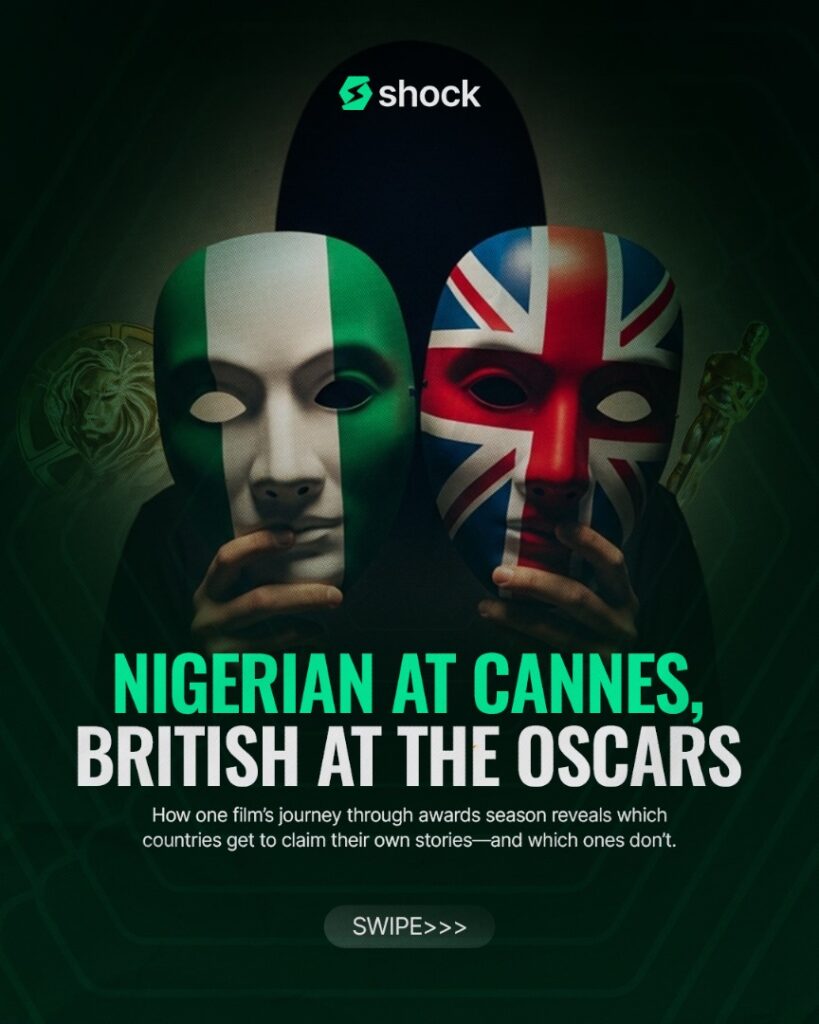
Thanks for Reading.
Shockng.com covers the big creators and players in the African film/TV industry and how they do business.
Let’s be friends on Instagram @Shockafrica
